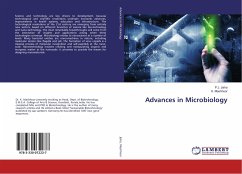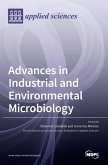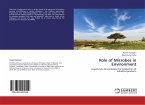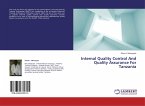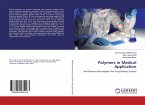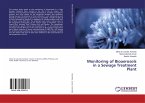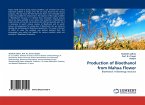Science and technology are key drivers to development, because technological and scientific revolutions underpin economic advances, improvements in health systems, education and infrastructure. The technological revolutions of the 21st century are emerging from entirely new sectors, based on different branches of science like bio-technology and nano-technology. The most remarkable breakthroughs will come from the interaction of insights and applications arising when these technologies converge. Microbiology relates to nanoscience at a number of levels. Many bacterial entities are nano-machines in nature, including molecular motors like flagella and pili .The formation of virus capsids is a classical process of molecular recognition and self-assembly at the nano-scale. Nanotechnology involves creating and manipulating organic and inorganic matter at the nanoscale. It promises to provide the means for designing nanomaterials.
Hinweis: Dieser Artikel kann nur an eine deutsche Lieferadresse ausgeliefert werden.
Hinweis: Dieser Artikel kann nur an eine deutsche Lieferadresse ausgeliefert werden.

